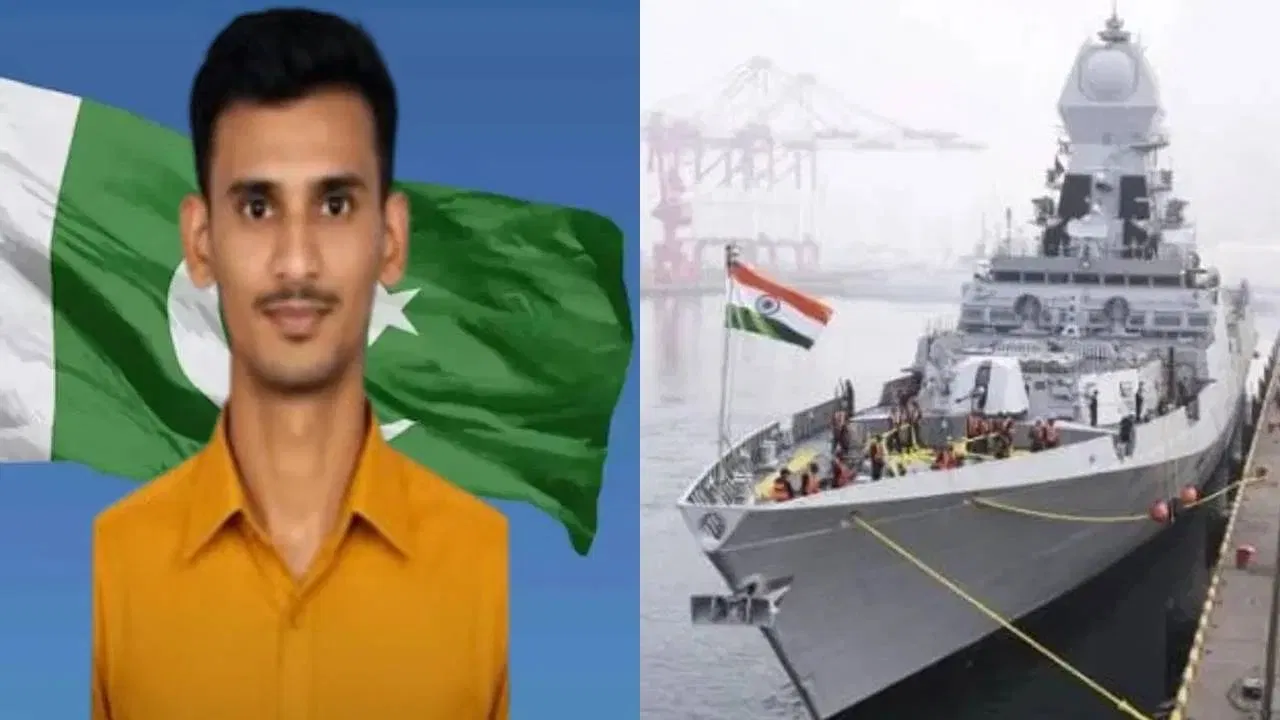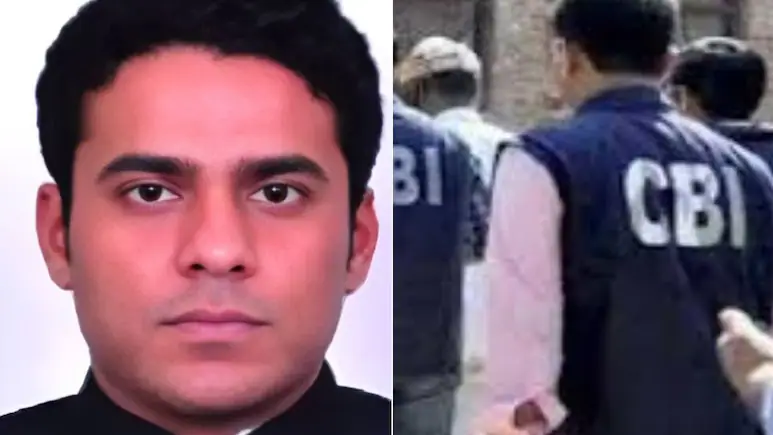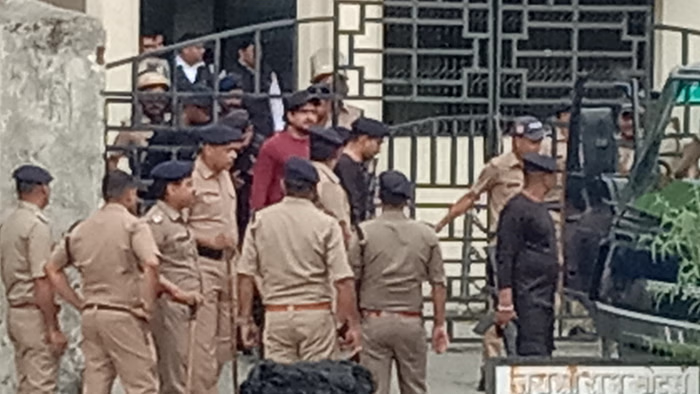The Night the World Held Its Breath: Why Putin Feared India’s Strike on Pakistan Could Spark Global Chaos
- byPranay Jain
- 21 May, 2025

It was the night of May 7, and in two volatile corners of the world, explosions filled the skies. In South Asia, India launched a powerful strike on Pakistani soil, targeting nine terrorist hideouts and killing over 100 militants. In Eastern Europe, Russia came under a massive drone attack by Ukraine. Amid this global tension, Russian President Vladimir Putin made a rare admission—he was scared.
According to Kremlin sources and Russia’s TASS news agency, Putin shared this moment of vulnerability during a phone call with former U.S. President Donald Trump. “For the first time in three years,” Putin reportedly said, “I was a little scared that night.”
But why was Putin shaken by India's strike on Pakistan, thousands of kilometers away from Moscow?
Two Flashpoints, One Night
On the same night that Indian fighter jets pounded terror camps across the Line of Control, Russia was being bombarded by 564 Ukrainian drones, even as a ceasefire was technically in place. The Ukrainian assault was believed to be an attempt to derail Moscow's high-profile Victory Parade, scheduled for May 9.
The Victory Parade is more than a show of strength—it's a symbol of Russian pride. Chinese President Xi Jinping was scheduled to attend as the chief guest, alongside dignitaries from across the world. Putin feared that if global leaders were scared away by Ukraine’s attack, it would undermine Russia’s image on the world stage.
India’s Coordinated Strike Sends Shockwaves
India’s operation on May 7 was in direct retaliation for the April 22 massacre in Pahalgam, where 26 civilians were killed by terrorists linked to Lashkar-e-Taiba’s proxy group, The Resistance Front.
In response, Indian forces executed simultaneous strikes on 9 terror hubs operated by Lashkar, Jaish-e-Mohammed, and Hizbul Mujahideen—deep inside Pakistani territory. The attacks resulted in over 100 militant deaths. Pakistan’s military reportedly shielded these terror groups, escalating fears of a full-scale war between the nuclear-armed neighbors.
Putin’s Fear: Global Stability on the Brink
Putin’s unease wasn’t just about drones over Moscow—it was about the global optics of simultaneous military escalations. An Indo-Pak war, especially one triggered by cross-border airstrikes, has always been a flashpoint for international panic. Combine that with Russia’s own conflict zone flaring up the same night, and it was a perfect storm of geopolitical uncertainty.
Putin told Trump that had global leaders like Xi backed out of attending the Victory Parade, it would have sent a signal that Russia had lost control—even on its own soil.
Calm After the Storm—But for How Long?
By May 11, both India and Pakistan declared a mutual ceasefire, defusing tensions for the time being. But the message was clear: the world remains on edge, and even a single night's events can bring it terrifyingly close to the brink.
Putin’s moment of fear is a stark reminder of how interconnected global conflicts have become—and how quickly they can spiral into something far bigger than anyone intends.




